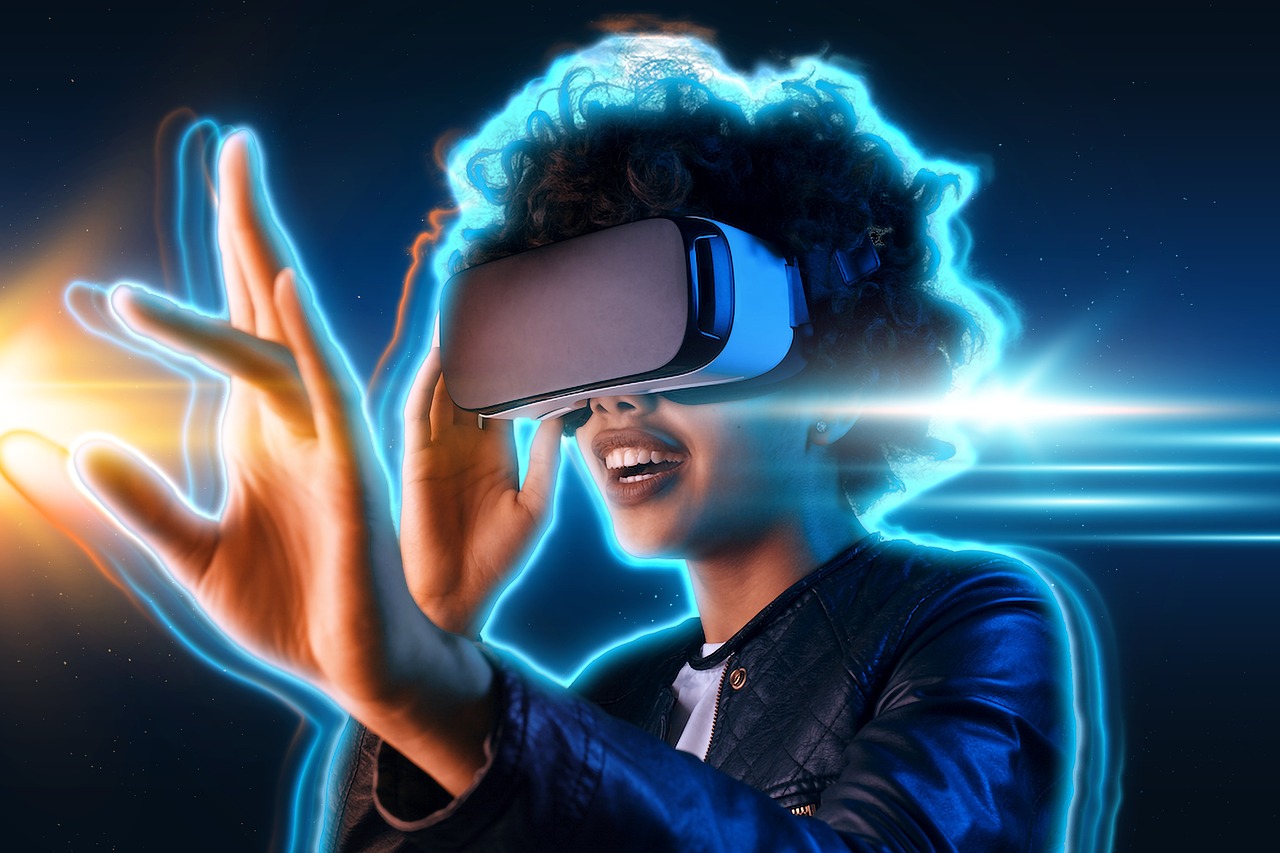In today's world, virtual reality (VR) technologies are rapidly developing and are being used in various fields, including education. The use of VR in educational processes opens up new opportunities for students and teachers, but also requires detailed legal regulation. This article examines the legal regime for the use of virtual reality technologies in education and highlights key aspects that require attention when implementing these innovations.
Main legal aspects of using VR in education
The use of VR in educational institutions is subject to various regulatory and legal acts that regulate the educational process, the protection of personal data and copyright. One of the first steps that educational institutions should take is to obtain the advice of a lawyer or an attorney to analyze documents and develop a legal opinion of an attorney regarding the compliance of the implementation of VR with the legislation of Ukraine.
Protection of personal data
One of the important aspects is the protection of personal data of the participants of the educational process. VR technologies can collect and process a significant amount of information about users. To ensure the legality of such activity, it is necessary to check the documents by a lawyer for compliance with the requirements of the Law of Ukraine "On the Protection of Personal Data". It is important to develop and implement a privacy policy that will clearly define the procedure for collecting, processing and storing personal data.
Content Copyright
The use of virtual reality in education involves the use of a variety of content, including educational materials, programs, images and videos. All these materials may be subject to copyright. It is necessary to carry out a legal analysis of the situation and conclude agreements with copyright owners for the use of their content. This will help avoid legal disputes and ensure the legality of using materials in the educational process.
Legal regulation of educational programs
Educational programs using VR must meet state education standards. For this, it is necessary to conduct a legal analysis of the situation and prepare relevant documents for approving programs at the Ministry of Education and Science of Ukraine. The written consultation of a lawyer will help determine what requirements must be taken into account when developing such programs.
Quality
Safety Control
VR technologies must meet safety and quality requirements established at the legislative level. Educational institutions should ensure proper quality control of the software and equipment used in the educational process. For this, it is advisable to seek the help of a lawyer online, who will be able to provide a legal opinion on the compliance of equipment and software with current standards and requirements.
Using VR in distance learning
Virtual reality technologies can be an effective tool for distance learning. However, the introduction of such technologies requires a detailed legal analysis of the situation. An online lawyer can provide advice on the legal aspects of using VR in distance learning, help develop internal regulations and policies that will regulate the use of these technologies in the educational process.
Conclusion
The legal regime of using virtual reality technologies in education includes a number of important aspects that require detailed study and analysis. Consultation of a lawyer, verification of documents by a lawyer and a legal opinion are necessary steps to ensure the legality and safety of using VR in the educational process. Thanks to a comprehensive approach to legal regulation, educational institutions will be able to effectively implement innovative technologies, while ensuring the protection of the rights and interests of participants in the educational process.

































